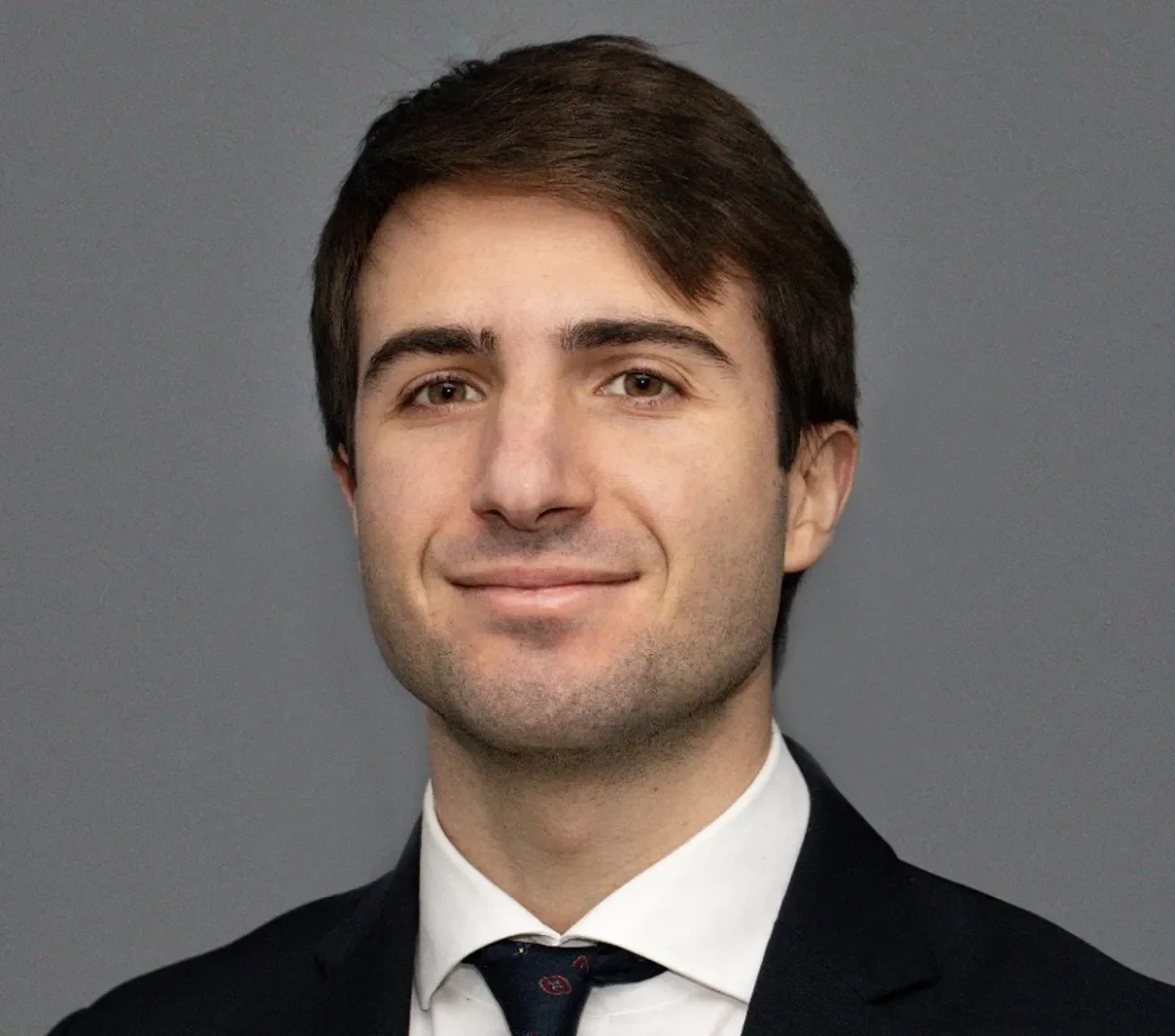

LawGov Research Carnival #5: Dr Edoardo Celeste
Dr Edoardo Celeste specialises in law, technology and innovation. Edoardo teaches at undergraduate level the modules of Intellectual Property & Information Technology Law and Jurisprudence II, and, at postgraduate level, the course of European Data Protection Law. Since 2019, Edoardo’s Jurisprudence II students take part in a teaching partnership involving common lectures and seminars on the topic of Digital Constitutionalism: Law, Humans and Machines, together with students from the universities of Bremen, Padua, Jena, Maastricht and Salerno.
Edoardo’s research explores how fundamental rights and the constitutional ecosystem are evolving in light of the challenges of the digital revolution. Edoardo supports the idea that the values and ideals of contemporary constitutionalism are (and should) adapt to address the needs of the digital society. In his recent scholarly works, Edoardo reconstructed a systematic theory of ‘digital constitutionalism’, explaining how ‘analogue’ constitutional norms are progressively turning digital. Edoardo is one of the founders of the Digital Constitutionalism Network and is currently the Principal Investigator of a project funded by Facebook Research on the impact of civil society initiatives in shaping social media content governance rules.
Indeed, one of the main areas where our fundamental rights are exposed to threats is social media platforms. Edoardo analyses social media governance from a constitutional perspective and collaborates with the NGO ARTICLE 19 to establish a social media council in Ireland. Edoardo’s recent works in the area include an investigation of the ‘constitutional’ role of social media terms of service (can they work as the ‘constitutions’ of social media platforms?) and on the constitutionality of capital digital punishment (is it legitimate to ban a former US President from the major social media?).
Social media platforms are certainly emerging as the new dominant actors in the digital society. Yet, the power of nation states is still prevalent in fields such as law enforcement and intelligence operations. In this area, Edoardo studies the limits of the power of national authorities in collecting and using personal data. His analysis of the prospects of the ban of bulk data retention in the EU published in the European Constitutional Law Review anticipated the outcome of recent cases decided by the European Court of Justice in the field. Edoardo’s recent research focused on data privacy relations between the EU, US and the UK. Together with DCU colleagues F. Fabbrini and J. Quinn, Edoardo recently edited the book Data Protection Beyond Borders: Transatlantic Perspectives on Extraterritoriality and Sovereignty (Hart, 2021), in which he analysed the recent tensions emerging from claims of digital sovereignty in the EU. Edoardo was also recently awarded a networking grant by the IRC and the UK ESCR for the project ‘CROSS-DPN’, which aims to explore the challenges of cross-border data protection in the post-Brexit era.
Since the start of the Covid-19 pandemic, Edoardo has worked on how to protect privacy while deploying effective digital technologies to combat the spread of the virus. He is the legal coordinator of the project PRIVATT- Investigating Irish Attitudes to Privacy in Times of COVID19, which is funded by Science Foundation Ireland under its Covid-19 Rapid Response Call. PRIVATT aims to understand whether the attitudes to privacy of the Irish population are changing in times of Covid-19 and to provide government authorities with recommendations on how to enhance the level of trust in the adopted containment measures among the general population. The preliminary results of the project have been recently disseminated on RTÉ Brainstorm and the Irish Times.
Twitter: @EdoCeles
DCU Profile page: https://www.dcu.ie/lawandgovernment/people/edoardo-celeste
